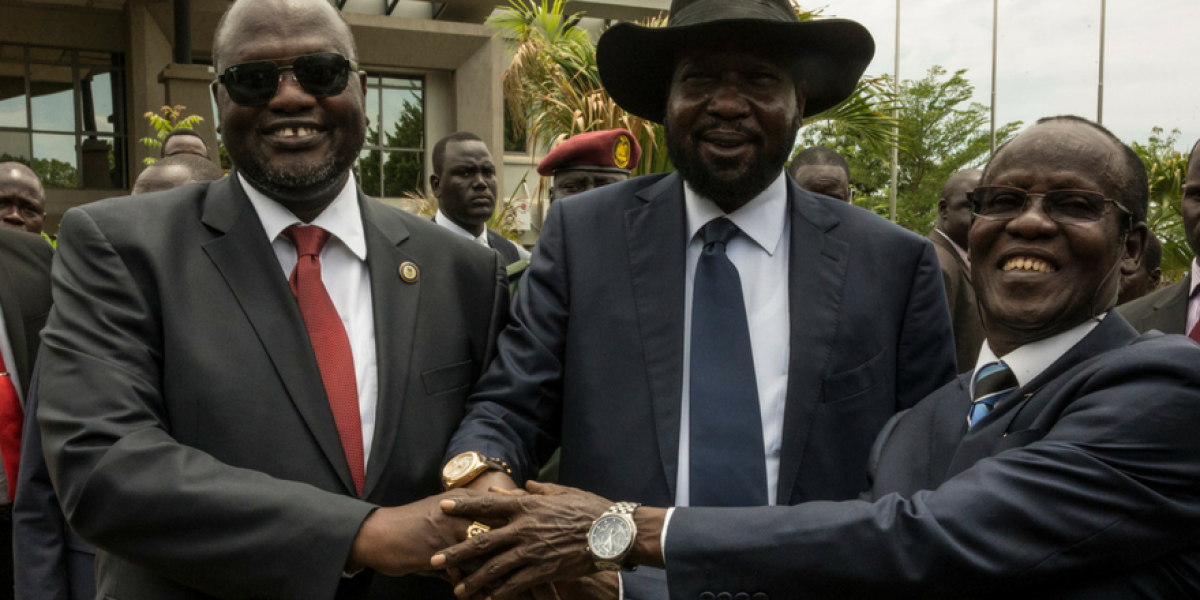It highlights the changing economic and political role of China, by far the most significant of these actors, and of India, whose engagement has also been important. Amid widespread interest in ‘rising powers’ in Africa in general, and China and India as the leading ‘emerging powers’ in particular, this paper shows that these groupings fail to translate meaningfully in the complex circumstances of the two Sudans. Besides the mostly bilateral thrust of these engagements, in large part this is because Sudanese politics exercises a determining influence.
The aspirational normative rhetoric of South–South co-operation, promoted by China and India, is incongruent with the actual nature of the primarily extractive and infrastructure-based economic engagements that have conformed to the violent and unbalanced political economy of Sudan.








